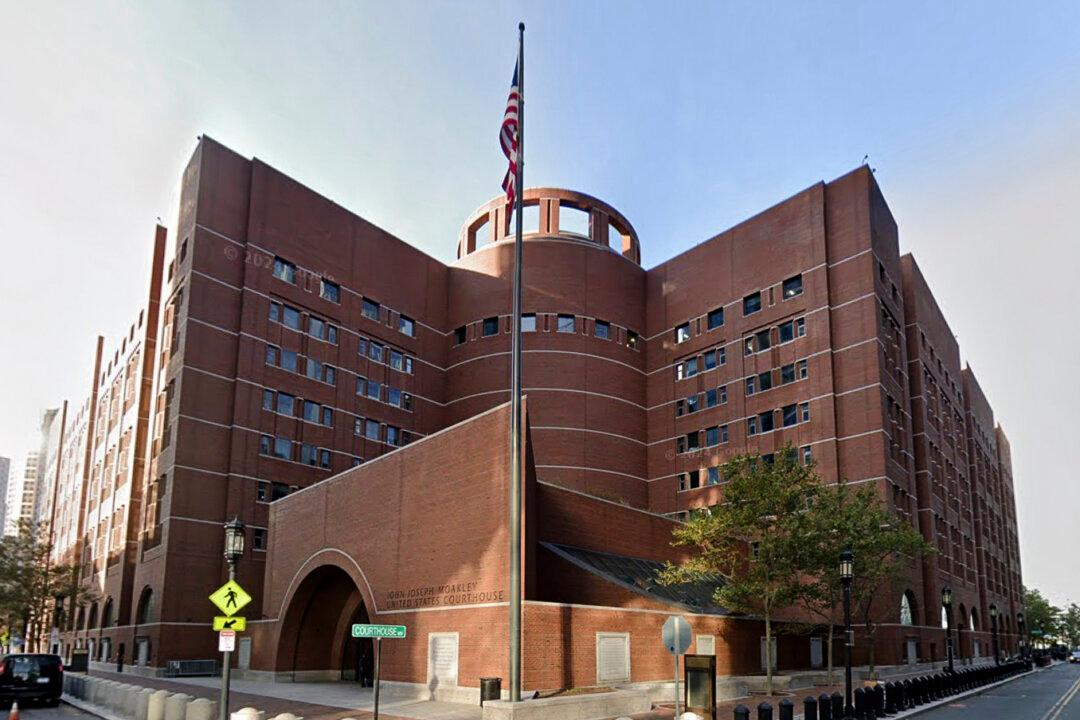The U.S. Court of Appeals for the First Circuit ruled on March 26 that a court order blocking the Trump administration’s plans to freeze trillions of dollars in government financial assistance will remain in place for now.
In its 48-page decision, a panel of three appeals court judges found that the funding freeze would cause states an array of harms, including leaving them unable to meet existing financial obligations and forcing them to take on additional debt.




